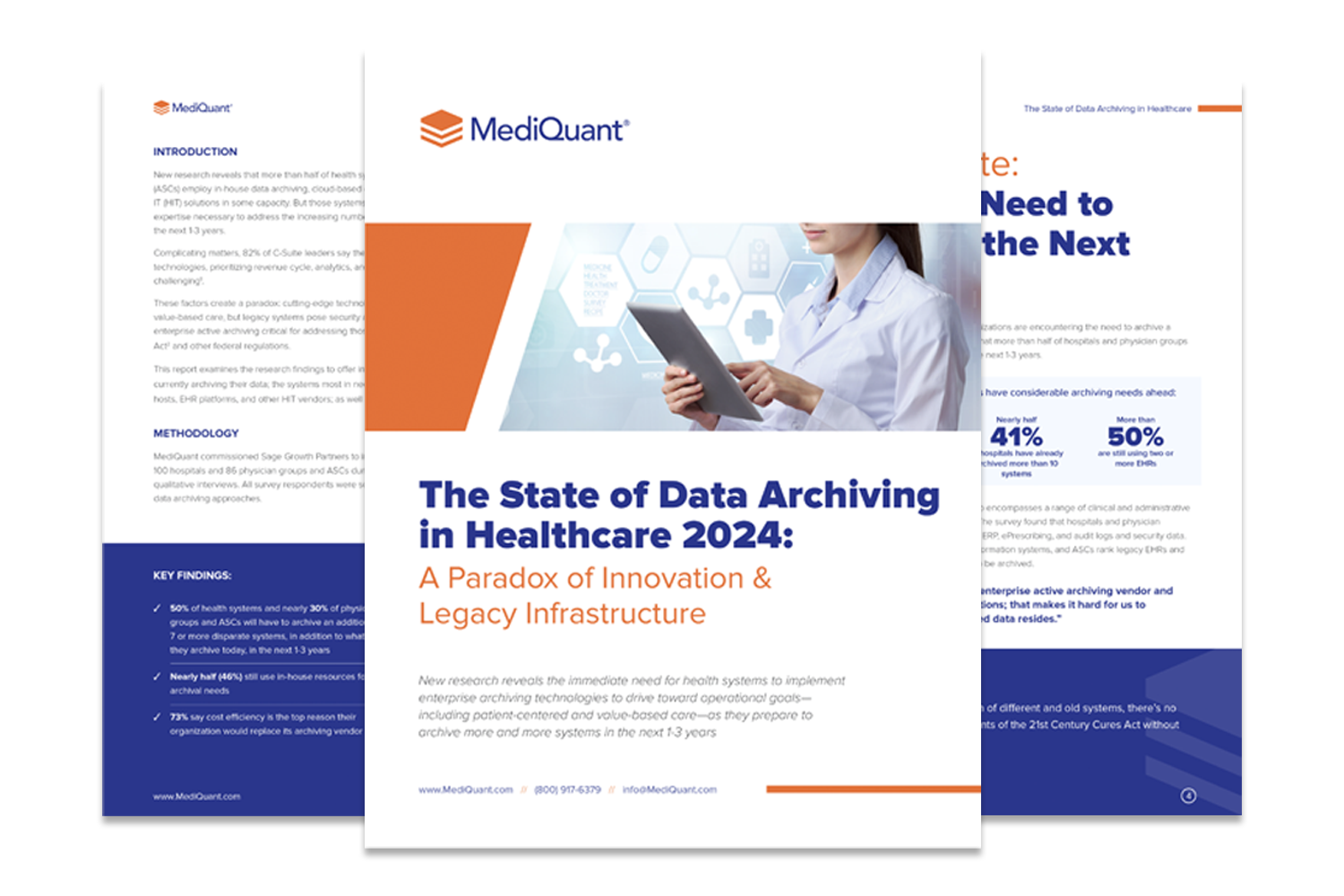Data is becoming increasingly important in the healthcare industry. As data piles up, it becomes more difficult to keep track of all of it. This is where data stewardship comes in. Data stewards manage and monitor data so that stakeholders can use it efficiently and effectively. In this blog post, let’s take a look at the key players in data stewardship and their roles.
Health Data Stewardship
There are three key players in data stewardship: data owners, data stewards, and data users.
- Data owners are responsible for the overall strategy and direction of the organization. They make decisions about what data to collect and how to use it.
- Data stewards are responsible for the day-to-day management of data. For example, they work with data owners to develop policies and procedures for managing data. They also work with data users to ensure that data is being used correctly.
- Data users are the people who use the data, such as analysts, researchers, or clinicians. Data users need to be able to access the data they need, when they need it.
What is Data Stewardship in Healthcare?
Data stewards have a number of important roles and responsibilities. They are responsible for:
- Data accuracy: Data stewards need to ensure that data is accurate and up-to-date. They work with data owners and data users to develop policies and processes for collecting and maintaining data.
- Data security: This means protecting patient data from unauthorized access. For example, data stewards may need to encrypt data or restrict access to certain individuals.
- Data accessibility: Data stewards know where data is located and how to get it to those who need it.
Roles in Data Stewardship
Data stewardship is important across the entire healthcare sector. Below, we explore the key players in healthcare and their role in data stewardship.
Healthcare providers
Healthcare providers need to collect accurate and complete data about their patients. They use the data to make clinical decisions, develop treatment plans, and track patient outcomes. In order for this data to be useful, it must be accurate and up-to-date.
Health information technology vendors
When it comes to healthcare data, accuracy and completeness are not the only things that matter. Healthcare stakeholders know that it should be properly organized and easily accessible. This is where health information technology comes in. HIT vendors provide the software and systems that store, manage, and analyze healthcare data. They also play a key role in developing new ways to collect and use data.
Government agencies
Government agencies also have a role to play. For example, the Centers for Medicare and Medicaid Services (CMS) and the Food and Drug Administration (FDA) collect data about providers, hospitals, and health plans. This data helps monitor the quality of care and improve the overall efficiency of healthcare.
Payers
Payers collect data about the care that their members receive. They use this data to negotiate reimbursement rates with providers, develop new benefit designs, and improve the quality of care. For example, payers used data to develop value-based reimbursement.
Get Started With Health Data Stewardship
Data stewardship is a vital part of healthcare. It is the responsibility of everyone involved in the healthcare system, from data owners to data users, to ensure that data is accurate, secure, and accessible.
At MediQuant, we offer a full range of solutions to help manage and steward healthcare data. Book a free consultation at 844.286.8683 or visit our contact page today.


